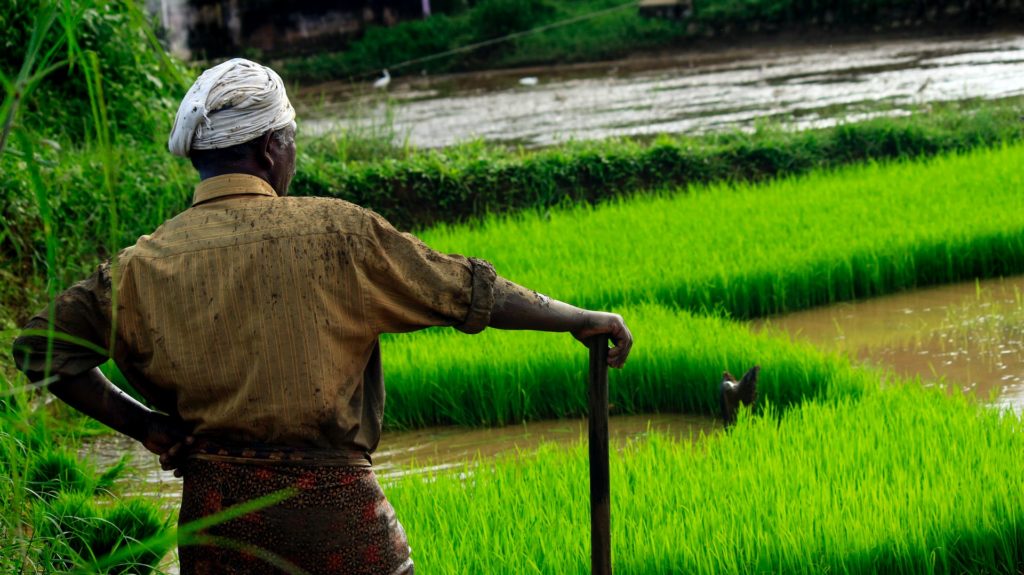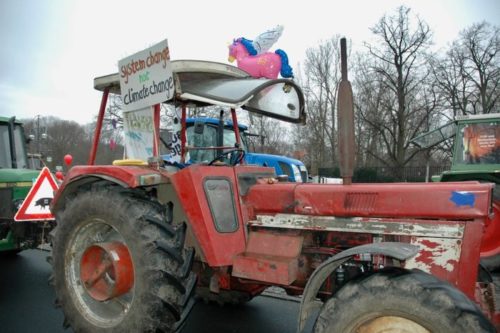Throughout the year, SIANI has not only been following the process leading up to the UN Food Systems Summit (UNFSS), but has also been an integral part of it, convening three national dialogues. Furthermore, we have reported on the Science Days, provided an overview of the Summit’s structure, as well as attended the Summit. As the Summit has come to an end and we now look forward to implementing national pathways and initiatives to contribute to the transformation of our food systems, we want to understand how others perceived the UNFSS and the steps that need to be taken to achieve this change. As such, we reached out to four persons from our SIANI member and partner bases who work closely with issues tied to our food systems, in order to gather their opinions and thoughts. These persons are as follows: Mats Åberg, Swedish International Development Cooperation Agency (Sida), Anna Richert, World Wide Fund for Nature (WWF), Katarina Eriksson, Tetra Laval, and Diana San José, Non-Timber Forest Products Exchange Programme. In this article we present their perspectives on the topic.
Main impressions of the United Nations Food Systems Summit
To begin with, we asked the interviewees about their impressions of the UNFSS. All four brought up how this series of events ensured that for the first time, a global and holistic perspective was adopted to discuss food systems. In the discussions during the UNFSS, food systems were viewed as broad, socio-ecological systems which have interlinkages to a multitude of areas that require development, including climate change mitigation and climate change resilience. More so, the transformation of food systems was widely recognised as crucial for sustainable development.
Our interviewees further highlighted how the UNFSS had succeeded in mobilising and engaging a variety of actors through preparatory activities, and the participation of a high number of state representatives was especially noteworthy. This diverse engagement has generated a momentum – with the establishment of new proposals and coalitions for food system transformation – which will hopefully remain and be built on.
However, despite these positive aspects, the interviewees also raised concern regarding accountability. There are questions remaining about who will be responsible for realising the proposals and commitments made during the UNFSS processes. The interviewees also discussed the role of the coalitions created during the UNFSS journey, and the power relations and ownership therein. It was for example mentioned that there is a lack of clarity in regard to coalition leadership.
Furthermore, the interviewees raised the question of inclusion. In contrast to the process leading up to the Summit, where a broad range of actors were encouraged to participate in and organise dialogues, it was expressed that the Summit itself focused on member states and their national commitments. Additionally, they pointed out that controversy persists regarding how inclusive the UNFSS process had been to begin with. Here, our interviewees point out that to achieve equitable food systems transformation, the question of inclusion and equal participation is of outmost importance to engage with.
“It is important that all stakeholders that have valuable insights and experiences within food systems are gathering at the same table. This includes, for example, Civil Society Organisations who advocate for Indigenous rights, but also representatives from the private sector – which farmers’ organisations are a part of.” (Mats Åberg, Sida)

